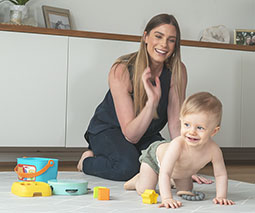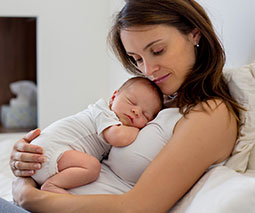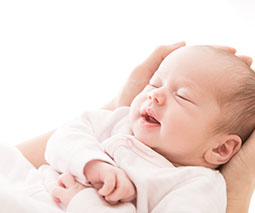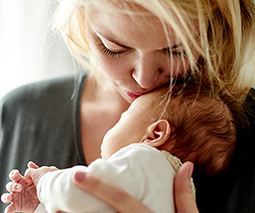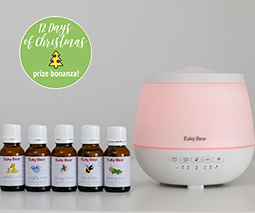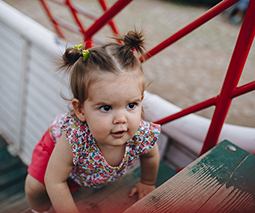Stinkin’ rich: Has science found a brilliant new use for baby poop?
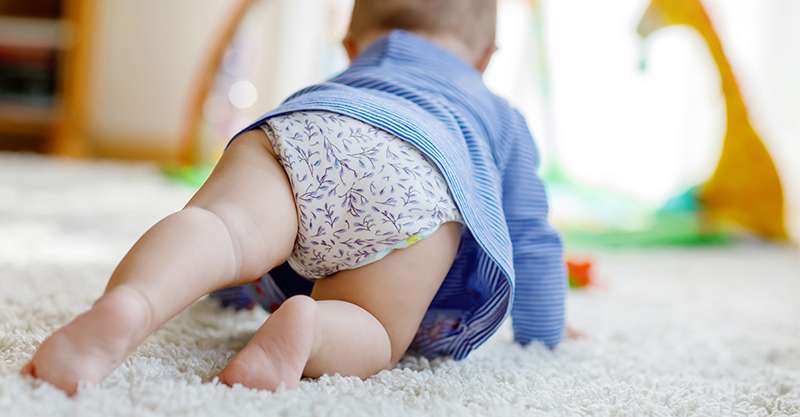
If you’re elbow-deep in stinky nappies and wondering if it will ever end, you might be heartened to know that there’s (potentially) gold in them there diapers!
Your new favourite cocktail?
Yep. Just when you thought baby poop was Mother Nature’s jovial way of saying “sucked in, parents!” some clever types have found it may have other incredible properties.
It seems that, much like pickles and yoghurt and expensive fridge-only pills, baby poop is loaded with gut-improving, health-boosting probiotics. Ye gads! In fact, Science Daily reports that “scientists at Wake Forest School of Medicine have developed a probiotic “cocktail” derived from gut bacteria strains found in infant faeces.”
A poop cocktail! Imagine it?! (Or maybe don’t! #spew)
Read more about parenting and science:
- New study suggests childcare centres might be best for kids’ development
- Science has great news for parents of sensitive babies
- Cleaning chemicals may make kids overweight
Poopbiotics
Dr Hariom Yadav is an assistant professor of molecular medicine at Wake Forest School of Medicine and the study’s lead investigator.
He says that probiotics may help our bodies better produce short-chain fatty acids (SCFAs) which are vital to good gut health and can help fight disease.
“People with diabetes, obesity, autoimmune disorders and cancers frequently have fewer short-chain fatty acids,” Dr Yadav explained.
“Increasing them may be helpful in maintaining or even restoring a normal gut environment, and hopefully, improving health.”
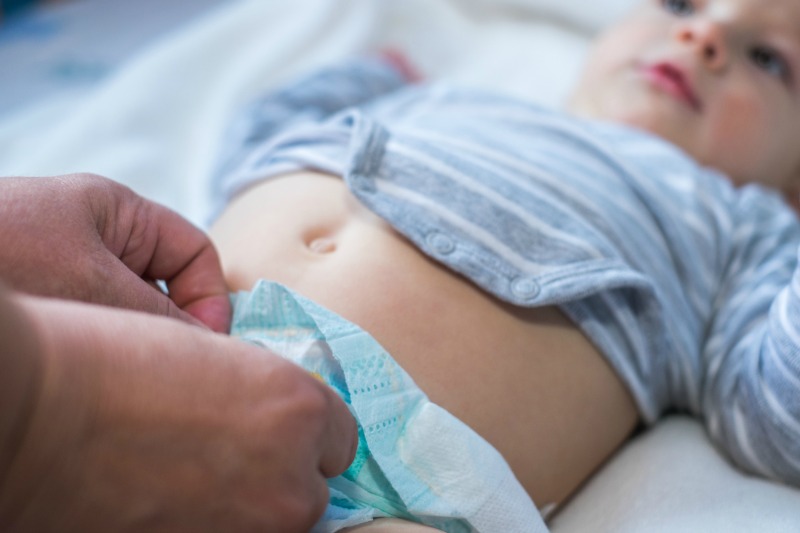
“Human-origin probiotics”
The researchers were keen to find out how probiotics originating from humans could potentially have health-improving qualities. They figured they’d start with the optimal humans, healthy (constantly pooping) babies!
“Babies are usually pretty healthy and clearly do not suffer from age-related diseases, such as diabetes and cancer,” Dr Yadav said. “And, of course, their poop is readily available.”
With this in mind, they took poop samples from a bunch of healthy babies’ nappies and created a probiotic based on those samples.
They then tested these human-origin probiotics on mice, finding that they did help to modulate the gut microbiome and enhance the production of those helpful aforementioned short-chain fatty acids.
While this research is in its early stages, it’s hoped that human-origin probiotics may someday be used to help treat health conditions that cause gut imbalance and decreased SCFA production. (In humans. Not just in mice.)
“Our data should be useful for future studies aimed at investigating the influence of probiotics on human microbiome, metabolism and associated diseases,” Dr Yadav said. Genius! Hurrah for poop!

